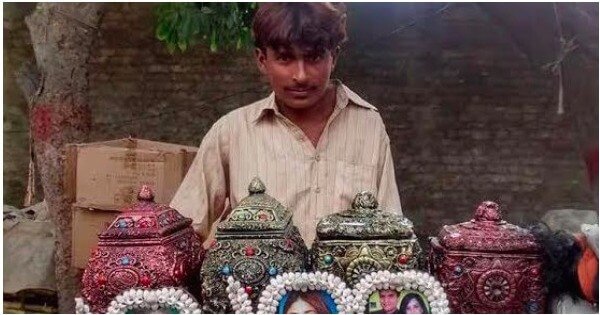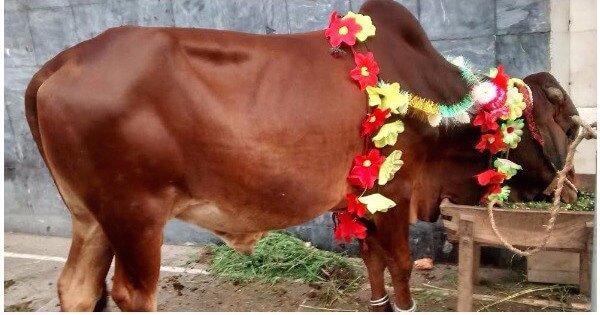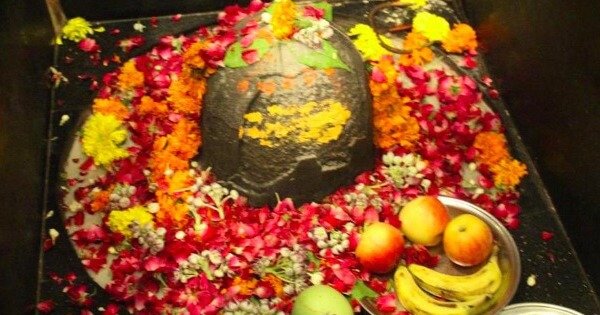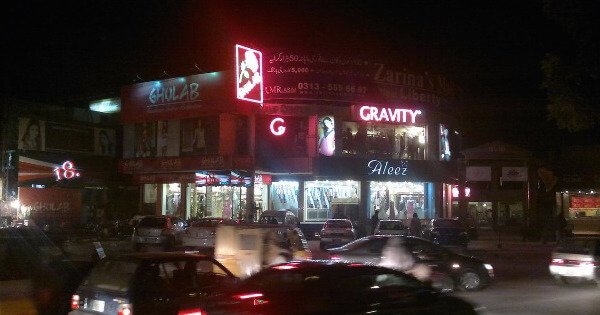The elaborate ceremony that goes into procuring a bottle of whiskey is one of the highlights of Islamabad. Three friends who share a bachelor’s pad in Pakistan’s capital dial a bootlegger’s number. An order is placed, the location is fixed. Two of them disappear for a few minutes, and reappear with a brown paper bag. The bottle is unveiled, and glasses are brought out. The irony is that I don’t even like whiskey but, when hosts put themselves through hoops to offer you liquor in a dry state, you shut up and sip.
I have visited Pakistan four times, and come back with a mix of sweet and sour experiences. Warmth and hospitality towards Indians coexists with suspicion and hostility. It all depends on who you meet, how you conduct yourself, and what you talk about. Hell is when you stay stuck in delusion, when you stop listening and stop talking.

However, Indian actor and politician Divya Spandana aka Ramya has been accused of sedition for simply saying that Pakistan is not quite the hell it is made out to be — that she was treated well, and that it is worth rethinking our preconceived ideas about our neighbours. She is being asked to apologize, or go join those who live in the very hell that she advocates friendship with. If this were fiction, it would be dark humour at its finest. Unfortunately, it is something that actually happened.
Most Indians are conditioned to think of Pakistan as enemy country, and the epitome of all that is undesirable, terrifying, and reprehensible. A school friend I bumped into this morning was shocked when she heard that I am interested in peace initiatives between India and Pakistan. “How can we have peace with them? That would be the same as funding terrorists,” she said. This person is a school teacher. I hope she gets the opportunity to visit Pakistan someday, and see what its people are like — as diverse as people elsewhere in the world.

***
The lady had spent her childhood in what now goes by the name of Uttar Pradesh but, in 1947, her family moved to Pakistan. She was delighted to know that an Indian guest would come over for lunch. Having learnt that I was vegetarian, she had put together a table full of delicacies that reminded her of her childhood home. She sat and watched as I relished each dish, and appreciated her cooking. Names of long-lost neighbours, and recipes learnt from them, were woven into our conversation. Poems were recited, and politicians were cursed. There was none of the rancour that many young people, who have not experienced the Partition, carry righteously within themselves. She could have well been the grandmother Amitav Ghosh writes of in his ‘Shadow Lines’ — an old matriarch puzzled by redrawn maps, suspended between two worlds disparate yet simultaneous.
***
The year was 2014. It was around seven in the evening at Ratneshwar Mahadev Mandir in Karachi, and I was staring at the face of a man credited with the idea that Muslims and Hindus are so different that they cannot live together as a nation. Muhammad Ali Jinnah looked suave but a bit stern on the Pakistani currency note I was about to drop into the temple donation box. He must have read my thoughts. I felt some indignation but laughed it away, choosing to focus on the images of deities venerated by devotees.

Jinnah, himself, is no less than a deity in Pakistan. His photographs are everywhere, saying hello in government offices, school buildings, and public museums. “Look at how handsome he is! So smart and stylish,” said the young social entrepreneur I met in Karachi’s posh Clifton neighbourhood, pointing to a framed picture in his living room. “Quaid-e-Azam is the one who gives us hope and courage. Every Muslim worth his salt wants to be like him,” he added. His sister disagreed. “Jinnah may have created a homeland for Muslims but he was hardly the textbook Muslim you imagine. Abbu says that he even ate pork. Also, if he loved Pakistan so much, why did he retain his house in Mumbai?” she remarked.
Though it is commonplace to hear Indians lash out at Gandhi, I had not expected to hear criticism of Jinnah in Pakistan, least of all in front of an Indian. Jinnah, after all, is the poster boy of Pakistani liberals. He is the mythical counterpoint to Zia ul Haq, the military dictator who is painted as singularly responsible for messing up the paradise that Jinnah had created.
***
“Pakistanis don’t masturbate,” said the liberal arts graduate who took me out for lunch to a restaurant on Lahore’s M. M. Alam Road. I was eating my pasta, and he was biting into a slice of pizza. But the sudden declaration made me burst into laughter. “Are you kidding? And anyway, how would you know? Have you surveyed all the men in this country?” I asked. He looked uneasy, and started fidgeting with his fork and knife. What had started out as a general conversation about marriage, relationships and pre-marital sex in India and Pakistan had suddenly hit too close for comfort. I wanted to back off but he continued, “Our holy book forbids it.”

I nodded, unconvinced by his rather self-assured summary of Pakistani male sexuality. The topic was too exciting to give up, so I shared the conversation with an artist I was introduced to. “Listen,” he said. “This is another thing we Indians and Pakistanis have in common. We have all the fun in our quiet little corner but pretend to be innocent boys who know nothing.”
***
If going to Pakistan is like going to hell, as our defence minister Manohar Parrikar declared last week, I have a humble suggestion for Manohar Parrikar. Maybe he should consider visiting hell. Prime Minister Narendra Modi and External Affairs Minister Sushma Swaraj would certainly attest to the fact that “hell” throws some great parties. They have gone there, been received with respect, and returned safely to tell the tale.
Chintan Girish Modi is a writer living in Mumbai. He’s editing a collection of essays documenting the funny, bizarre and heartwarming experiences Indians have had in Pakistan.

















